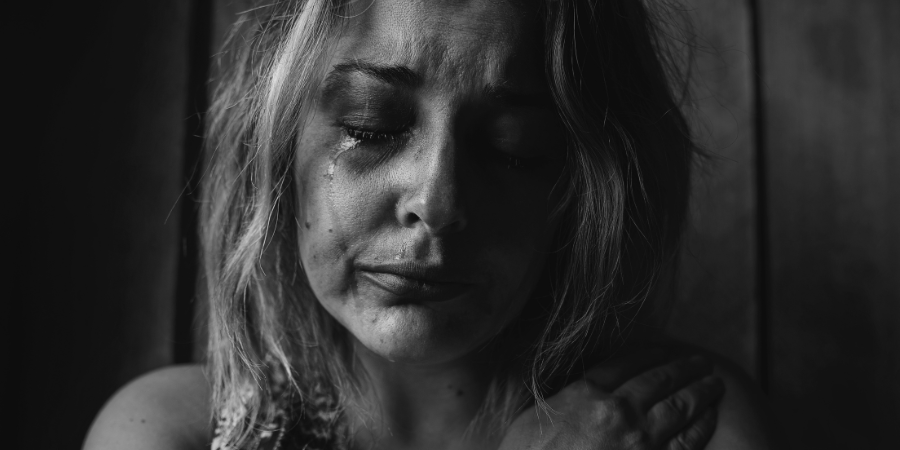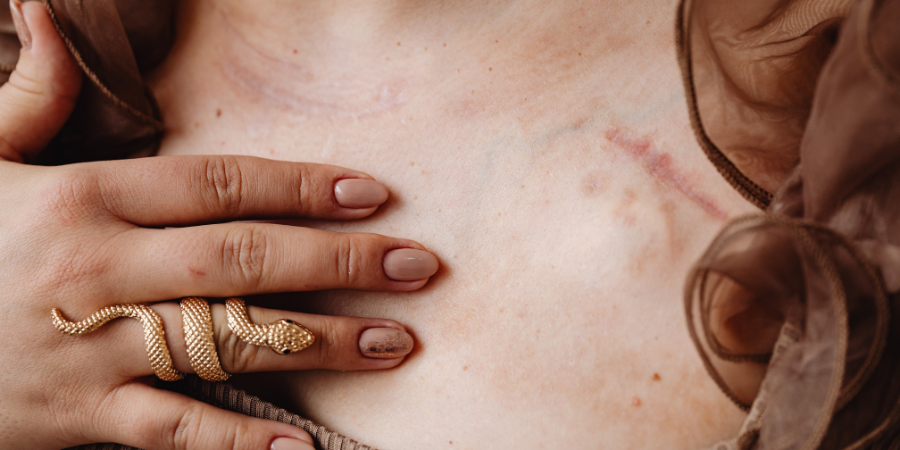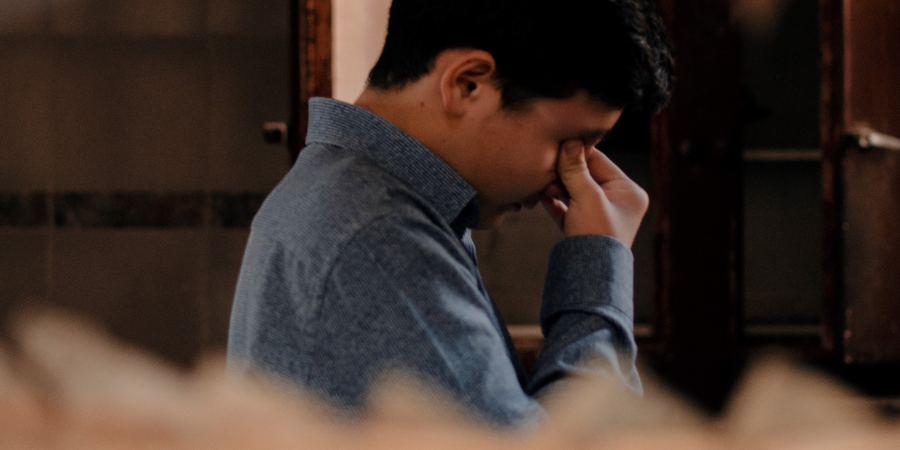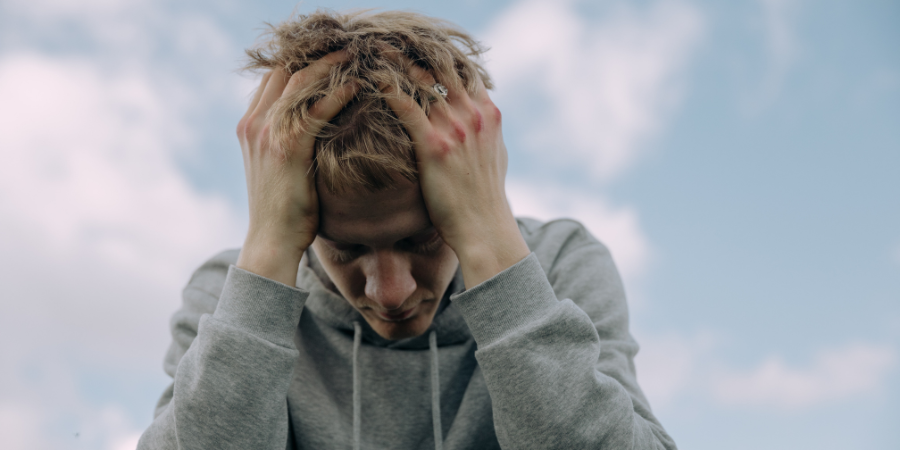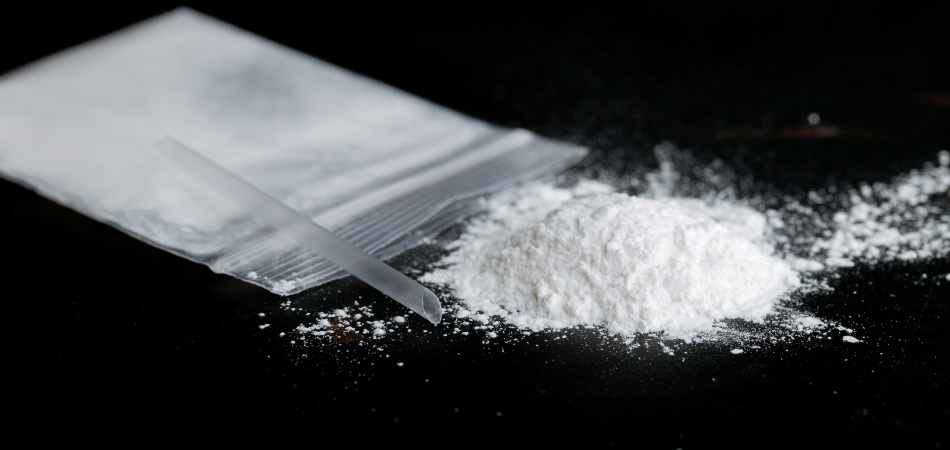Last Updated:
February 25th, 2025
Co-Occurring Disorders | Types and Treatment
A co-occurring disorder is when you simultaneously suffer from a substance addiction or behavioural addiction and a mental health problem. It could be argued that addiction develops from a co-existing disorder, and the consequences of addiction either exacerbate it or give way to other mental health issues, which can leave users left in a vicious cycle.
What is a co-occurring disorder?
When a mental health problem pairs with substance abuse or behavioural addiction, it is called a co-occurring disorder. It can involve a single mental illness or multiple and even include a variety of substances or habits simultaneously. Some are more common than others, but there can be virtually any combination.
Some of the most common mental illnesses attributed to co-occurring disorders are:
ADHD alongside addiction
Learn everything you need to know about struggling with both attention deficit hyperactivity disorder (ADHD) and addiction simultaneously.
Anger management and addiction
Learn everything you need to know about struggling with both anger management and addiction.
Anxiety alongside addiction
Learn everything you need to know about struggling with both attention an anxiety disorder and addiction.
Autism and addiction
Learn everything you need to know about struggling with both autism and addiction.
BDD and addiction
Learn everything you need to know about struggling with both BDD and addiction.
Bipolar and addiction
Learn everything you need to know about struggling with both bipolar and addiction.
Codependency and addiction
Learn everything you need to know about struggling with both codependency and addiction.
Depression and addiction
Learn everything you need to know about struggling with both depression and addiction.
Grief alongside addiction
Learn everything you need to know about struggling with both grief and addiction simultaneously.
Insomnia and addiction
Learn everything you need to know about struggling with both insomnia and addiction.
OCD and addiction
Learn everything you need to know about struggling with both OCD and addiction.
PTSD and addiction
Learn everything you need to know about struggling with both PTSD and addiction.
Personality disorder and addiction
Learn everything you need to know about struggling with both a personality disorder and addiction.
Schizophrenia and addiction
Learn everything you need to know about struggling with both schizophrenia and addiction.
Self-harm alongside addiction
Learn everything you need to know about struggling with both self-harm and addiction simultaneously.
Stress and addiction
Learn everything you need to know about struggling with both stress and addiction.
Suicide and addiction
Learn everything you need to know about being suicidal whilst suffering from addiction.
Here is a short list of combinations with some addiction counterparts:
- Bipolar and gambling addiction
- ADHD and internet or love addiction
- Anxiety and prescription drug addiction
- Depression and cannabis addiction
- Personality disorder and sex addiction
Do I have a co-occurring disorder?
Addiction alone can be hard to spot, mainly when a substance is used in small quantities. However, a co-occurring disorder might have more pronounced symptoms like experiencing a dramatic change in mood, a shorter temper or being more distant from loved ones.
If you’re worried you or someone you know might have a co-occurring disorder, then watch out for:
- Glazed or bloodshot eyes
- Dilated pupils
- Weight gain or loss
- Skin conditions (bruising, burns, needle marks)
- Difficulties in their social life
- Mood changes and more aggression
- Careless about safety
- Debt problems
Are “co-occurring disorders” and “dual diagnosis” the same?
“Dual diagnosis” and “co-occurring disorders” are often used interchangeably. However, if we’re being specific, a dual diagnosis is a term for someone who has two or more health conditions like a heart condition and blood pressure at the very same time. But a dual diagnosis is also a shorthand for co-occurring disorders; when one person has a mental illness and an addiction.
When reading about co-occurring disorders, you may also come across the term “substance use disorder”. This term is for the prolonged and repeated taking of one or more drugs – a technical term describing a drug addiction.
How do co-occurring disorders develop?
What determines a co-occurring disorder developing in the first place tends to be a mix of factors. For example, genetics and the regular use of an addictive substance, along with a mental disability or an illness caused by pressures like family issues, trauma, money, and grief, can increase the likelihood of an addiction latching on. Anyone with bad luck could find themselves with a co-occurring disorder.
However, some brains are more sensitive to drugs, such as when a mental illness deprives the brain of a good chemical balance; as soon as drugs enter the system, the body finds itself suddenly “needing” them. Often the case is when people “self-medicate”, as those drugs or behaviours that feed those biological cravings will form an addiction.
People with conditions like autism, bipolar or ADHD react far more to drugs – making them susceptible to addiction. Studies have shown that people with ADHD were five to ten times more common among alcoholics, and some people with autism, according to Public Health England, self-medicate against negative experiences such as loneliness or stress.
Interestingly, despite UK women being more likely to develop a mental illness, men are more likely to develop one in tandem with an addiction – causing males to be higher in statistics about co-occurring disorders.
How dangerous is a co-occurring disorder?
There are many serious health risks when faced with a co-occurring disorder. For example, you could have trouble looking after yourself, experience a lack of hygiene or malnutrition because the addiction is taking over your priorities. Drugs interfere with the brain’s wiring; as such, you may find your desires and behaviours change so much that spending money on food doesn’t seem as important as the next “fix”.
Since a co-occurring disorder involves addiction, depending on the habit, it may damage your work life, school life and relationships, potentially driving someone deeper into a mental crisis and feeding their addiction.
The resulting physical harm from addiction could manifest in a variety of ways:
- Brain damage
- Heart problems
- Breathing conditions or lung problems
- Weakened immune system (so you’re more prone to infection and disease)
- Liver damage
- Kidney damage
- Gastrointestinal problems
What do I do if my loved one has a co-occurring disorder?
If you’ve looked through all the possible symptoms above and found that someone you care about is exhibiting them, you may want to consider speaking to them about receiving treatment. Try to learn about their addiction and mental health issues while supporting them in pursuing treatment. You could encourage them to talk about their problems or enter a support group.
How do I treat my co-occurring disorder?
Throughout all of this, it is important to know that you are not alone; co-occurring disorders are one of the more common addiction types in the UK, with 70% of all substance users having experienced mental health problems. It’s recommended that you reach out to someone you trust and share with them your feelings, then the next step is to seek out professional co-occurring disorders treatment.
While there is no specific ‘co-occurring rehab’ available, co-occurring disorder treatment involves attending a specialist rehab centre with a variety of treatments that can help you overcome your addiction. While these rehab centres do not treat secondary conditions themselves, they will help you to manage your other conditions while you complete addiction recovery treatment.
Upon entering treatment, you will undergo a medical assessment before tackling the addiction itself as your psychologists and therapists need to accurately assess your mental health conditions to see how they are both affecting and being affected by your addiction. Once that has been ascertained, a co-occurring disorders treatment plan can be made to address your addiction without causing any additional harm to your mental health.
As a result of this process, co-occurring disorders treatment can take longer and require more specialised care than for addiction alone. This will involve a plethora of different treatments that should provide a good platform to help with your secondary condition. At Primrose Lodge, we also take into consideration the history of all our clients and create workshop sessions that benefit everyone holistically, no matter what other disorders they are suffering from.
Co-occurring disorder detox
Detox is the process of removing all substances from your body to break the physical dependence. If you have a co-occurring disorder, your detox timeline may not follow the typical pattern. For instance, the withdrawal symptoms of many drugs include depression or anxiety. While these symptoms may typically disappear for most people after a few weeks, they may remain for you if they are existing symptoms of your co-occurring disorder. If this is the case, our staff will help you to deal with these symptoms during the rest of your treatment.
The experienced staff at Primrose Lodge will also store and administer any medication for your co-occurring disorder that has previously been prescribed by a doctor. This will help you deal with the stress and emotions of addiction treatment without your co-occurring disorder flaring up.
Co-occurring disorder rehab
Once you have started detox, you will then start co-occurring disorder rehab to treat the psychological aspects of addiction. Addiction rehab involves using a combination of therapies to identify the factors behind your dependency and address them accordingly. This approach will help you recover physically, mentally and emotionally and learn new coping mechanisms when triggers or cravings arise.
Four quick facts about co-occurring disorders
- In England, one in six people aged sixteen plus had experienced mental health problems such as depression or anxiety – two of the illnesses commonly associated with co-occurring disorders.
- People with Bipolar are three to seven times more likely to develop a co-occurring disorder and abuse alcohol or other drugs.
- In 2020, more than 39,000 people treated for a co-occurring disorder involving alcohol addiction expressed a need for help with their mental health.
- A 2009 report described how the majority of drug-addicted prisoners in the UK were suffering from a co-occurring disorder. Such prisoners were also at high risk of self-harm and suicide.
Frequently asked questions

